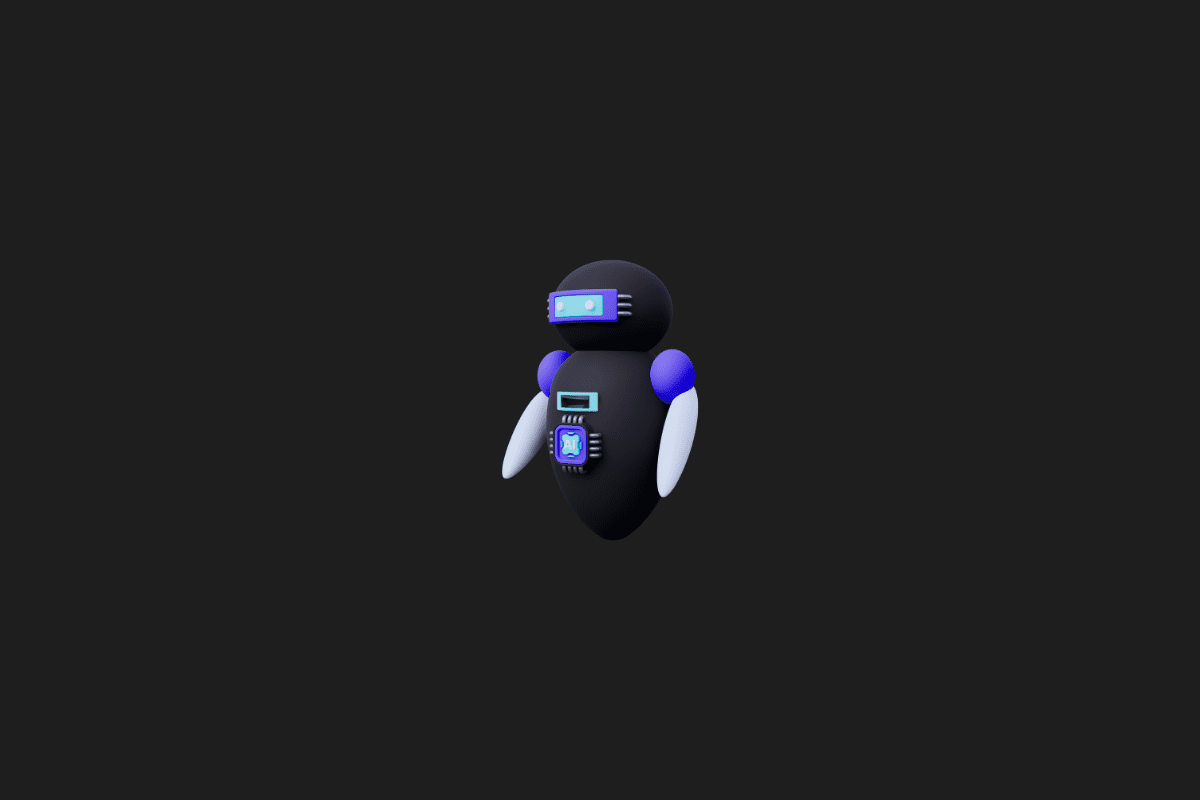Researchers from the University of Texas in the USA have introduced a cutting-edge artificial intelligence (AI) system designed to predict earthquakes one week before they happen.
Published in the journal of the American Seismological Society, the AI demonstrated its efficacy during a 7-month trial in China, successfully predicting 70% of the earthquakes that followed. The system accurately identified the locations of 14 earthquakes within a 321 km radius and closely estimated their magnitudes.
Nevertheless, the system was not without its flaws, missing one earthquake and issuing eight false alarms. The next stage of testing is set to take place in Texas.
The ultimate goal is to integrate this AI system with physics-based models, particularly in areas with limited seismic data. A specialist commented, “Our vision is to develop an earthquake prediction system similar to ChatGPT, which combines physics with data-driven approaches and could be globally implemented in the near future.”
HOW WAS IT PREPARED?
The AI earthquake prediction algorithm was developed using data provided by the software developers. The team supplied the AI with various statistical attributes based on their knowledge of the physics behind earthquakes. Following this, the AI refined its skills by examining a database containing five years’ worth of seismic activity.
‘WE ARE WORKING FOR THE UNIVERSAL SYSTEM’
Professor Sergey Fomel, a geologist and part of the research team, mentioned, “Predicting earthquakes is like searching for the holy grail. Although we may not yet be able to forecast earthquakes worldwide, our advancements suggest that a challenge previously considered insurmountable may indeed be solvable.” Alexandros Savvaidis, who heads the Texas Seismological Network Program, observed, “With the algorithm’s accuracy currently at 70%, it presents a promising opportunity to significantly mitigate the effects of earthquake-related damage.”
